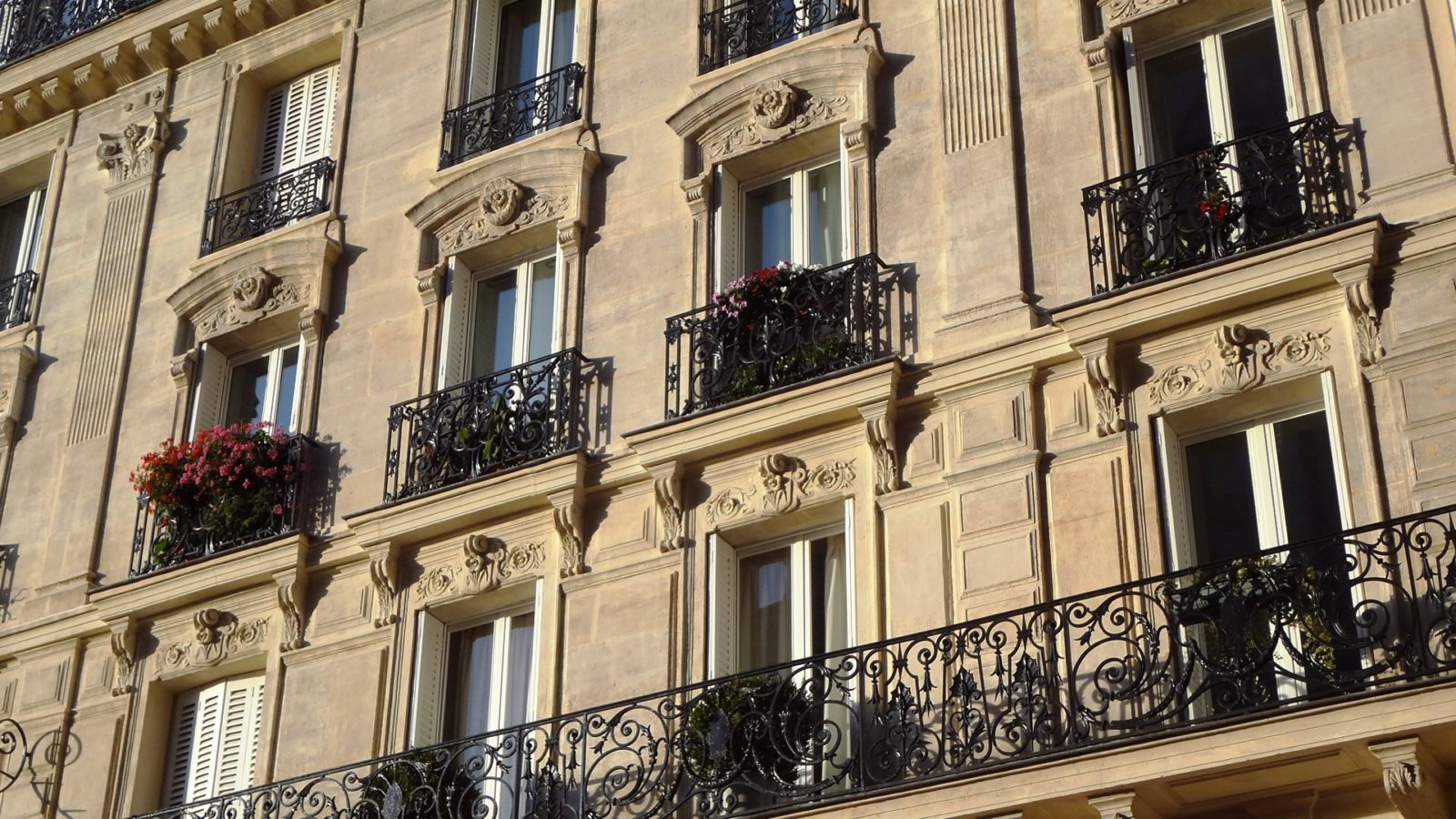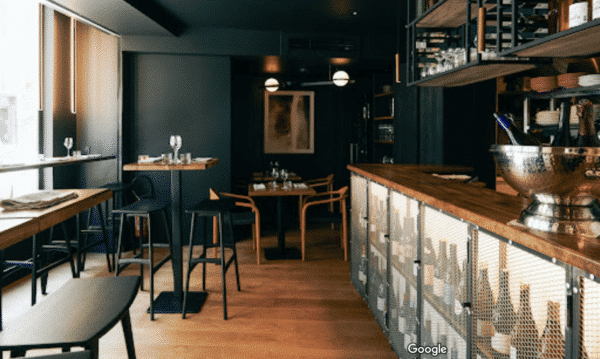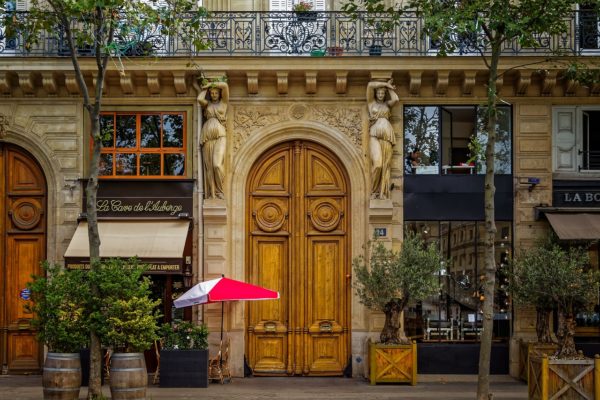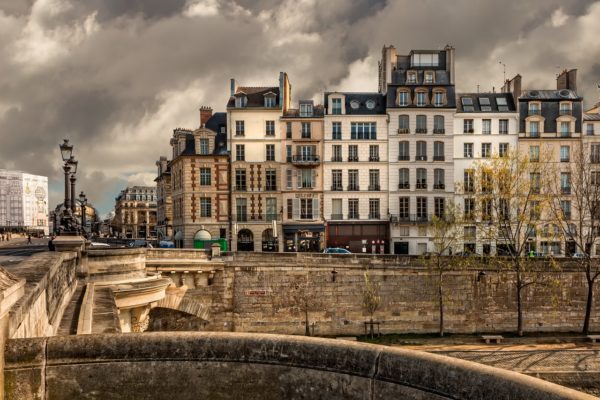Expert Insight, Breaking News, and Insider Stories on Real Estate in Paris

Buying real estate in Paris: 11 tips to help you choose the right place
So you’ve decided to invest in an apartment in Paris. Congratulations! Buying property in the capital not only fulfills numerous investment objectives, but it also offers unique cultural experiences and provides a lifetime of memories with friends and family.
Besides following our 10 investment tips for buying a pied-a-terre apartment in Paris, it’s also important to make the most of your property visits once you’ve said yes to seeing a place that, from the outside, checks all your boxes.
Although working with a reliable buyer’s agent is key to an informed visit, especially for luxury homes, it’s also important to educate yourself about what to expect and look for so that you can feel as prepared as possible when the time comes and can fully take advantage of the moment. Here are some things to keep in mind during your visits, as well as some questions and topics of conversation you can feel free to clarify with your buyer’s agent.
General information
Evaluating a luxury home is more complicated than a typical home, as certain elements, such as the home’s distinctive features, historical significance, and recent remodeling, may play a larger role than in lower-end homes. For this reason, detailed property tours are a must, and don’t let a busy sales agent rush you through the process. Expect to take some time to see a larger property, to review things like construction methods and materials, architectural highlights and restrictions, neighborhood, security and other important features. It may also be desirable to enlist the services of specialized home inspectors.
International buyers are often surprised that property in Paris – at any price, luxury property included – may be presented with a poorly photocopied dossier or none at all, by an uninformed selling agent and with scant if any staging to make the property look its best. This makes it all the more important to have smart, objective advice and information on the property and the market so that you recognize the real diamond in the rough.
Tip #1: Carefully analyze fixtures and fittings
Is the property equipped with storage solutions (built-in cupboards, etc.)? How is the kitchen? What hot water system has been installed? What are the bathroom fixtures like? Are the faucets thermostatic and equipped with water and energy saving aerators? Is the heating system collective or individual?
Also look at how the doors open: sliding doors are a wise space-saving choice and can make a big difference in more compact apartments. These are all just some examples of points that need to be clarified regarding the interior layout of the property.
Tip #2: Keep your eyes open
When visiting a property, we tend to focus on what is in front of our eyes. But we also need to look up! Remember to check the ceiling, the walls, and the windows.
Make sure that the windows are airtight and in good condition, check to see if there has been any water damage, and make sure that there are no mold problems, especially due to poor insulation.
Tip #3: Consider the property’s exposure
Although many go for a house facing south to make the most of the sun’s exposure, be aware that the ideal is actually east-west. A north-south exposure means rooms in the north have less exposure and are in fact harder to heat. South facing rooms are sunny, but can get really hot in the summer.
In any case, the owner must provide an energy performance diagnosis. This will tell you where exactly the property’s energy consumption lies. Historic properties in Paris are often poorly rated on energy efficiency, but improvements over time, such as new windows and appliances are likely to make a big difference.
Tip #4: Talk about upgrades
A well-insulated home means saving energy and money. Ask to see the property’s Energy performance certificates (EPCs) or the diagnostic de performance énergétique (DPE) as it’s called in French. As mentioned above, new windows and appliances can improve energy efficiency, but other upgrades which may not be visible can mean a substantial cost saving as well: has the wiring been upgraded? Is the water heater old or new? Will the kitchen and bath need updating? Does the layout need changing? It is often possible to add an extra bathroom or air conditioning, depending on the layout, but the costs of a gut renovation can often add up to 3,000 euros per m2 in Paris, or more.
Tip #5: Don’t forget acoustics
To check for noise pollution, visit the premises at several times throughout the day (morning and evening in particular). Be aware that visiting a property in August, when many French residents are on vacation, might not be the best indicator of noise pollution come September, when everyone returns.
Also inquire about the date of construction of the building. From 1945 to 1975, for example, hollow blocks were widely used in construction despite the fact that they let more noise pass through than solid ones.
Also, be attentive to various noises coming from the elevator, the ventilation system, or the neighbors (TV, footsteps, animals…) which could disturb you in the evening and at night in particular. Sound proofing can be added to ceilings, but it will consume about 10 cm of the ceiling height.
Tip #6: Think about safety
When we talk about safety, we often first think of electric elements. Standard-compliant installations are mandatory. A piece of advice: take a good look at the state of the electrical panel – it will give you an idea of the state of the overall system within the space.
Other elements related to security, like locks and doors, should be observed carefully as well. An entrance door bearing the Euroclass standard, for example, indicates how fire and burglary-resistant the premises are. One or more security code enabled barrier doors at the building entrance are also key.
Tip #7: Don’t forget ventilation
Good air circulation is essential, especially in a city like Paris where most apartments have no air conditioning. Paying attention to the windows once more, in conjunction with exposure, will help you better gauge how much heat from the sun you might receive in the apartment.
How is the space shaded in the summer and, inversely, insulated to help keep it warm in the winter? Can you create air currents by opening up windows on either side of the apartment? Is there a window in the shower room you can open to let humidity escape?
If a ventilation system has been installed in the apartment, ask your real estate agent or house hunter which one it was (passive, dual flow, single flow, etc.), but also where the air vents are located.
Tip #8: Look outside the property
What exactly do we mean by “outside the property”? To begin with, there is the building in which the property is located: is the outside of this building well-maintained? Has it recently been renovated? Is it clean and in good condition?
Next, think about the surroundings. Do you live near a school? A train station? A bus stop? Is there adequate parking if need be? Are there shops, restaurants, and bars nearby and could they could cause noise pollution?
Don’t forget to take stock of the general state of the common areas, like the entrance, courtyard, basement, staircase, elevators, etc. Are the walls and floors in good condition? Does the elevator work and is it up to code? What about the front door?
Think about asking your buyer’s agent about the date of construction of the building or the condition of the floors and load-bearing walls. Also ask to visit the basement-level of the building, which can give you a good idea as to the overall maintenance of the building in general.
Tip #9: Let’s talk co-ownership properties
Is the property considered a co-ownership, or copropriété as we say in French?
Don’t forget about fees. You are entitled to ask for the last expense statements, but also the last few years minutes of the general meeting, the rules of the building, as well as the inspection report. These will tell you if there are large upcoming expenses anticipated.
Tip #10: Don’t rush the decision process
For Paris apartments, the seller is required to provide the buyer with the last 3 years of co-ownership meeting minutes and the building regulations, as well as inspection reports on the electricity and gas installations, the presence of asbestos or lead, and the energy efficiency of the property. There is no requirement to repair, just to disclose. Additional inspection reports are not the norm in France, and while defects may become a point of negotiation they are rarely volunteered by the seller or stipulated by the buyer as a condition for the sale to go through.
Take the time necessary to review all the documents and order all the inspections necessary to feel comfortable with the purchase decision. At the same time, appreciate the historical differences and be ready to accept some “defects” – there is no “perfect condition” when homes are 100+ years old.
Tip #11: Examine comparable properties
Understanding the value of the property and of the market is key to making an appropriate offer. In France, only limited information is available publicly about the value of properties sold based on the size, year of construction, and location. Determining comparable value with only this data is exceedingly difficult, as there is no information on recent renovations, layout, historical value. or other features that play an important role in determining market price.
For this reason, it can be valuable to view and assess a number of comparable properties to better understand the value of the property under consideration. Understandably, the seller’s agent will be reticent to arrange other showings, and to advocate exclusively on behalf of the buyer to get them all the information they need to make an informed decision. This is another area where having a buyer’s agent can add value.
Source: Achat appartement paris : 10 points à vérifier lors de la visite
Contact Paris Property Group to learn more about buying or selling property in Paris.













